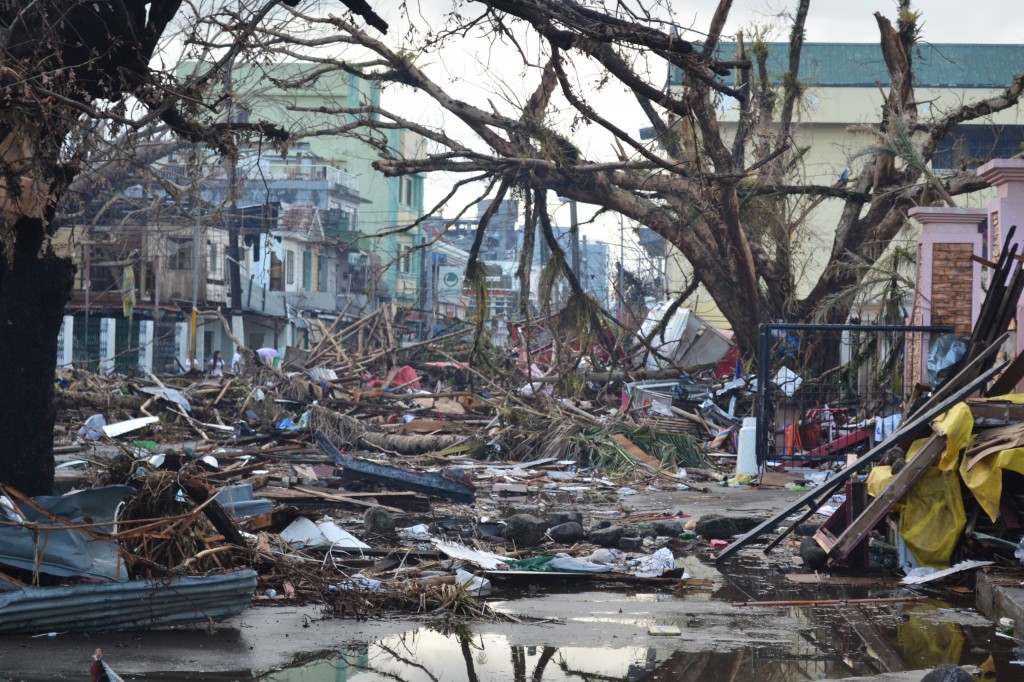
MANILA — House Committee on Labor Chairman on Monday warned colossal typhoons like the recent Super Typhoon Ruby and last year’s Yolanda could be the “new normal” in the country and the government should now step up efforts to create climate-resilient communities and start giving premium to environment-friendly technologies and innovations.
“In light of the destructive typhoons hitting the country every year, we wonder if this is the new normal for our country, and if there is anything more we can do to reverse the pattern. It’s very obvious, this is Mother Earth’s way of reminding us to take care of our planet,” Davao City Congressman Karlo Alexei Nograles said.
The House senior official said that extreme weather patterns such as Yolanda-like typhoons, gigantic tornadoes and unprecedented blizzards that take place in many parts of the world is a clear sign that the planet is hurting due to climate change and governments around the world should start taking serious steps to stop global warming.
He said that the Philippines, which has always been at the receiving end of violent typhoons, should now start adopting measures to create climate-resilient communities and consider the use of energy-efficient and modular housing units.
According to Nograles, all nations around the world should also work together to reverse the destructive effects of climate change by reducing their carbon emissions and by stopping the continued destruction of the world’s remaining forests.
He added that economies around the world should work harder at greening their economy and fully adopting climate-smart innovations and technologies that do not damage the environment.
Nograles said he authored the proposed Philippine Green Jobs Act (House Bill 4969) purposely to create financial opportunities while helping to save the planet.
“All nations must now work harder at greening their economy, using climate-smart innovations and technologies that do not damage the environment. More than this, we have to invest in educating people and the workforce to provide them with the necessary skills to run more environment-friendly industries. For us Filipinos, that begins here with us. And that is what the Green Jobs bill is all about,” the veteran lawmaker pointed out.
He expressed concern that unless governments around the world would work together to reverse global warming, people should now “expect to experience extreme weather conditions on a regular basis” and worse, archipelagic and small island countries like the Philippines could slowly disappear from the map due to the steady rise of the world’s oceans.
“Although we have very little contribution to carbon emission compared with highly industrialized countries, we are taking the initiative in this fight to save the planet through our green jobs bill. So many opportunities are opening up because of the increasing consciousness on the need to protect the planet through the green technology and environment-friendly innovations,” Nograles stressed.
The solon’s “green jobs” bill earned praises from the United Nation’s International Labour Organization (ILO), which is said to be the “first of its kind not only in the region, but in the world.”
In a letter, ILO Country Director Lawrence Jeff Johnson commended Nograles for his “initiative of recognizing the importance of ‘Green Jobs’ as part of the country’s strategy of addressing the challenges of climate change and pursuing a more inclusive path towards sustainability.”